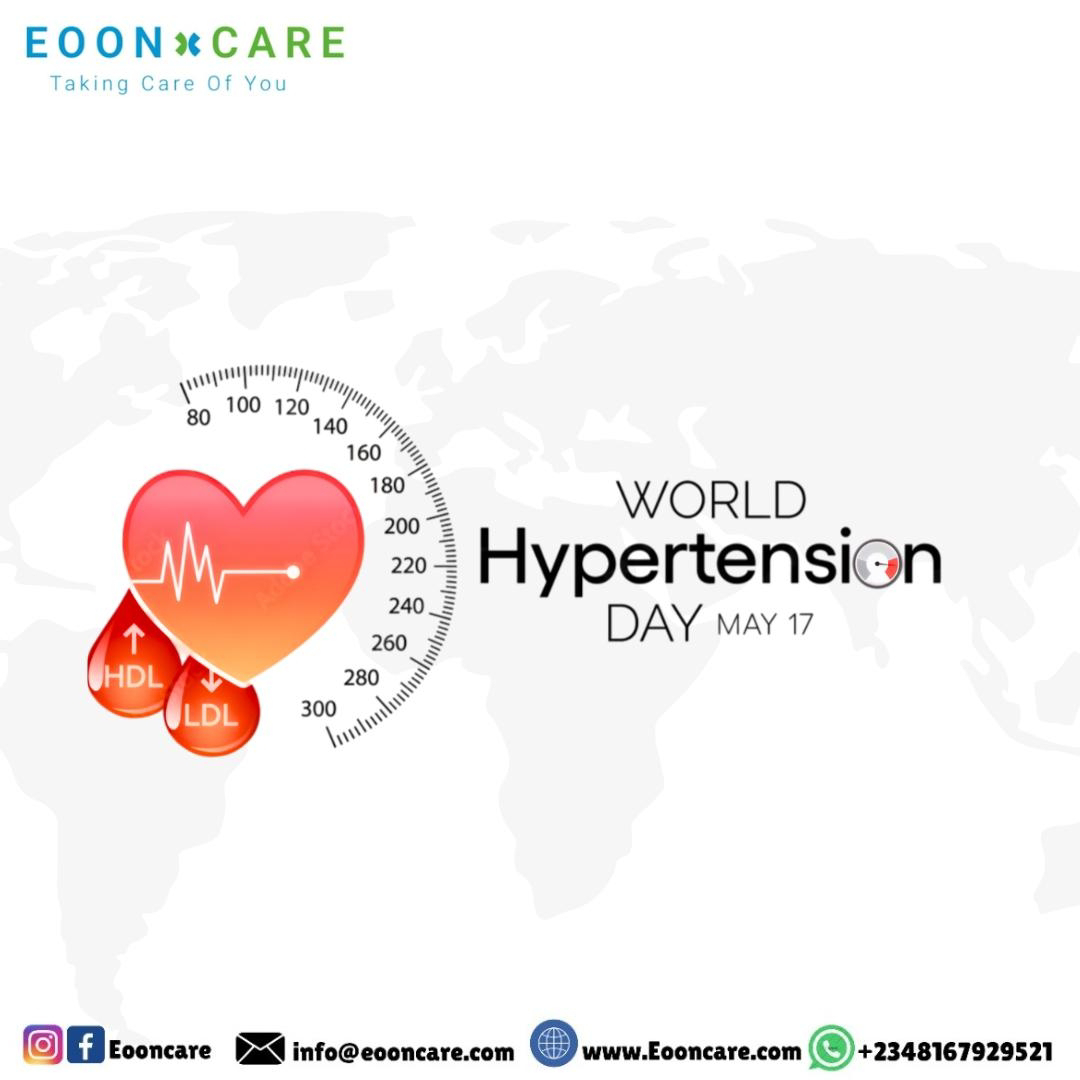Nurturing Nigeria's Elders: A Look into Elderly Care
Social Services
In
Nigeria's vast and diverse landscape, the elderly population represents a
treasure trove of wisdom, experience, and heritage. However, as with many
countries worldwide, Nigeria faces challenges in providing adequate care and
support for its ageing citizens. In this blog, we delve into the state of
elderly care social services in Nigeria, exploring the existing
initiatives and the areas needing improvement.
Understanding the Landscape
Nigeria's elderly population, defined as
individuals aged 60 and above, is steadily growing due to factors such as
improved healthcare and increased life expectancy. According to the World Bank,
by 2050, Nigeria's elderly population is projected to reach over 36 million,
highlighting the urgent need for robust elderly care services.
Challenges Faced
Despite the growing elderly population, Nigeria grapples
with several challenges in providing adequate care for its seniors:
1. Limited Access to Healthcare: Many elderly Nigerians
face barriers to accessing quality healthcare due to financial constraints,
lack of proximity to healthcare facilities, and inadequate infrastructure.
2. Social Stigma: Cultural attitudes sometimes
stigmatise ageing, viewing it as a decline rather than a phase of life deserving
respect and support. This stigma can lead to social isolation and neglect among
the elderly.
3. Economic Hardships: A significant portion of
Nigeria's elderly population lives in poverty, lacking the financial resources
to meet their basic needs, including healthcare, housing, and nutrition.
Existing Social Services
Despite the challenges, Nigeria has made strides in
establishing social services tailored to elderly care:
1. National Policy on Aging: Nigeria has a National
Policy on Aging that outlines strategies for addressing the needs of the
elderly, including healthcare, social welfare, and economic empowerment.
2. Non-Governmental Organizations (NGOs): Several NGOs
in Nigeria focus on elderly care, providing services such as healthcare
assistance, community support, and advocacy for the rights of the elderly.
3. Government Programs: The Nigerian government offers
programs such as the National Health Insurance Scheme (NHIS) and the National
Social Safety Net Program (NASSP), which aim to provide healthcare and
financial assistance to vulnerable populations, including the elderly.
Areas for Improvement
While progress has been made, there are still areas in need
of improvement to enhance elderly care social services in Nigeria:
1. Infrastructure Development: Investments in healthcare
infrastructure, including geriatric care facilities and specialised clinics,
are essential to ensure that elderly Nigerians can access quality
healthcare services.
2. Awareness and Education: More efforts are needed to
raise awareness about the importance of elderly care and combat ageism and
stigma. Educational campaigns can promote intergenerational understanding and
foster a culture of respect for the elderly.
3. Social Support Networks: Strengthening
community-based support networks can help combat social isolation among the
elderly. Initiatives such as senior centres, support groups, and volunteer
programs can provide companionship and assistance to elderly individuals.
Conclusion
Elderly care social services in Nigeria play a vital role in
ensuring the well-being and dignity of the country's ageing population. While
progress has been made, concerted efforts are needed to address existing
challenges and improve access to healthcare, social support, and economic
opportunities for elderly Nigerians. By investing in infrastructure, raising
awareness, and fostering community engagement, Nigeria can build a more
inclusive and supportive society for its elders, honouring their contributions and
enriching the nation's fabric.
A comprehensive discussion of all the programs and initiatives listed above can be found in the book below.







